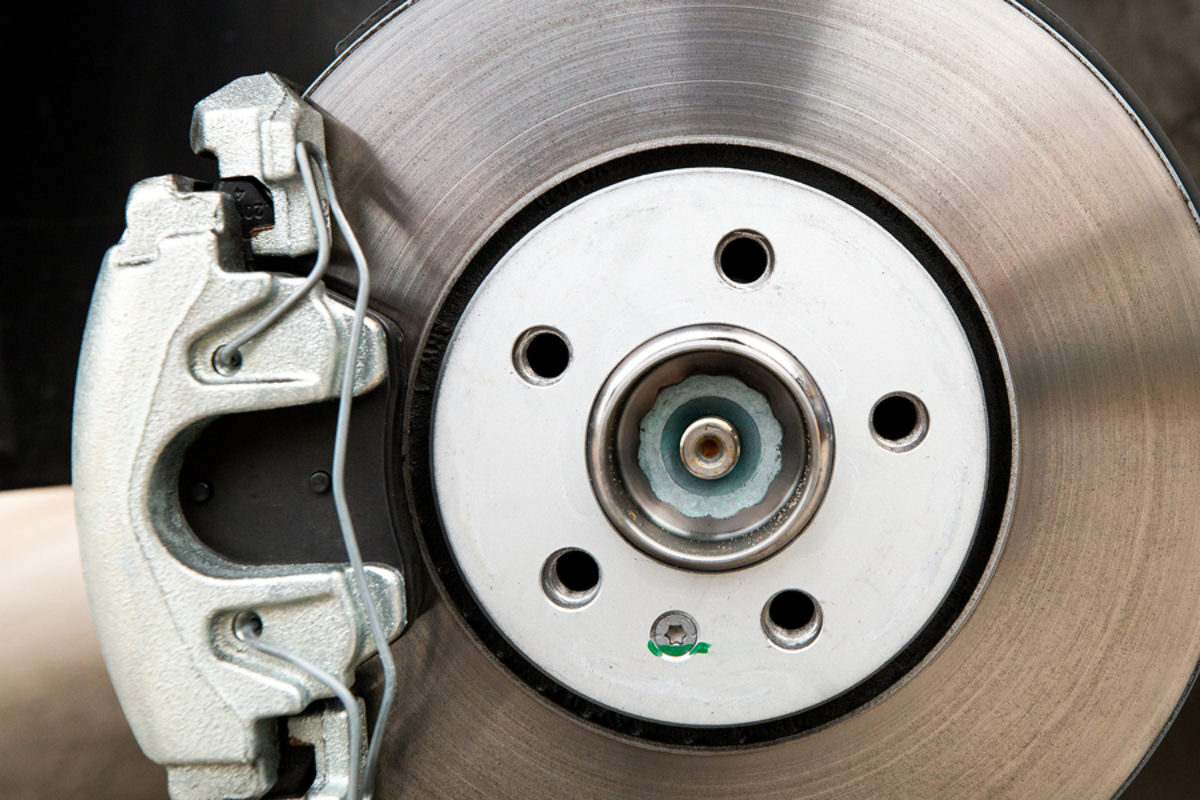

Articles
How Much To Replace Calipers And Rotors
Modified: December 7, 2023
Looking for articles on how much it costs to replace calipers and rotors? Read our expert guide to get all the information you need about this essential car maintenance process.
(Many of the links in this article redirect to a specific reviewed product. Your purchase of these products through affiliate links helps to generate commission for Storables.com, at no extra cost. Learn more)
Introduction
When it comes to maintaining and repairing your vehicle, the cost can quickly add up. One of the common repairs that car owners often face is the replacement of calipers and rotors. These components are crucial for the proper functioning of the braking system, ensuring your safety on the road.
Calipers are responsible for clamping the brake pads onto the rotors, generating the necessary friction to slow down or stop your vehicle. Rotors, on the other hand, provide a smooth surface for the brake pads to grip onto. Over time, these components can wear out due to heat, friction, and general wear and tear.
Replacing calipers and rotors is not a task that should be taken lightly. It requires technical knowledge, specialized tools, and a certain level of expertise. However, understanding the factors that affect the cost of this repair can help you make informed decisions and potentially save some money.
In this article, we will explore the factors that influence the cost of replacing calipers and rotors, provide you with average cost estimates, discuss the pros and cons of DIY versus professional replacement, and share some money-saving tips.
Key Takeaways:
- Factors such as vehicle make, quality of parts, and extent of damage significantly impact the cost of replacing calipers and rotors. Consulting a professional for an accurate estimate tailored to your specific situation is crucial for informed decision-making and budget management.
- When considering DIY versus professional replacement, weigh the cost savings against the need for expertise and specialized tools. Researching repair shops, considering refurbished parts, and practicing regular brake maintenance can help save money without compromising safety and quality.
Factors that Affect the Cost of Replacing Calipers and Rotors
The cost of replacing calipers and rotors can vary depending on several factors. Here are some of the key factors that can influence the overall cost:
- Vehicle Make and Model: The make and model of your vehicle play a significant role in determining the cost. Luxury cars or vehicles with specialized braking systems may require more expensive calipers and rotors.
- Quality of Parts: The quality of the calipers and rotors you choose can impact the cost. High-quality, durable parts may cost more upfront but can provide longer-lasting performance.
- Location: The cost of labor can vary depending on your location. Repair shops in metropolitan areas or areas with a higher cost of living may charge more for their services.
- Extent of Damage: If the damage is limited to just one caliper or rotor, the cost will be lower compared to replacing multiple components. It’s essential to have a professional inspect your braking system to determine the extent of the damage.
- Additional Repairs: Sometimes, replacing calipers and rotors may involve additional repairs, such as changing brake pads, brake lines, or brake fluid. These additional repairs can increase the overall cost.
By considering these factors, you can get a better idea of what to expect in terms of cost when replacing calipers and rotors. However, it’s important to consult with a professional to get an accurate estimate tailored to your specific vehicle and situation.
Key Takeaways:
- Factors such as vehicle make, quality of parts, and extent of damage significantly impact the cost of replacing calipers and rotors. Consulting a professional for an accurate estimate tailored to your specific situation is crucial for informed decision-making and budget management.
- When considering DIY versus professional replacement, weigh the cost savings against the need for expertise and specialized tools. Researching repair shops, considering refurbished parts, and practicing regular brake maintenance can help save money without compromising safety and quality.
Factors that Affect the Cost of Replacing Calipers and Rotors
When it comes to replacing calipers and rotors, several factors can influence the overall cost. Understanding these factors can help you make informed decisions and better manage your budget. Let’s take a closer look at the key factors that affect the cost of this repair:
- Vehicle Make and Model: The make and model of your vehicle play a significant role in determining the cost of replacing calipers and rotors. Luxury cars or vehicles with specialized braking systems may require more expensive components. This is because these vehicles often have unique specifications, and fitting them with the correct calipers and rotors can be more challenging and costly.
- Quality of Parts: The quality of the calipers and rotors you choose can impact the overall cost. Opting for high-quality, durable parts may cost more upfront but can provide longer-lasting reliability and performance. On the other hand, choosing cheaper, lower-quality parts may reduce the initial cost but may result in more frequent replacements or potential issues in the future.
- Location: The cost of labor can vary depending on your location. Repair shops in metropolitan areas or areas with a higher cost of living may charge more for their services compared to those in smaller towns or rural areas. It’s always a good idea to compare prices and get quotes from multiple shops to ensure you are getting a fair deal.
- Extent of Damage: The extent of the damage to your calipers and rotors will also impact the cost. If the damage is limited to just one caliper or rotor, the cost will naturally be lower compared to replacing multiple components. It’s essential to have a professional inspect your braking system to determine the extent of the damage and provide an accurate estimate.
- Additional Repairs: Sometimes, replacing calipers and rotors may involve additional repairs. For example, if the brake pads, brake lines, or brake fluid need replacing, this will add to the overall cost. It’s important to have a comprehensive inspection and consider any additional repairs that may be needed to ensure the optimal functioning of your vehicle’s braking system.
It’s worth noting that these factors are not exhaustive, and each vehicle and repair situation may have unique variables that can affect the overall cost. Therefore, it’s always advisable to consult with a professional mechanic or repair shop to get an accurate estimate specific to your vehicle and circumstances.
By understanding the factors that influence the cost of replacing calipers and rotors, you can make more informed decisions when it comes to maintaining and repairing your vehicle. Additionally, it’s essential to prioritize safety and reliability when choosing the right calipers and rotors, as they play a crucial role in the proper functioning of your braking system.
Average Cost of Replacing Calipers and Rotors
The cost of replacing calipers and rotors can vary depending on the factors mentioned earlier, such as the vehicle make and model, the quality of parts, location, extent of damage, and additional repairs needed. However, let’s take a look at some average cost estimates to give you an idea of what to expect:
On average, the cost of replacing a single caliper can range from $150 to $300. This includes the cost of the caliper itself, labor charges, and any additional parts or materials required for the replacement. Keep in mind that the cost may be higher for luxury or high-performance vehicles due to the specialized nature of their braking systems.
When it comes to replacing rotors, the average cost typically falls between $200 and $400 per pair. This estimate includes the cost of the rotors, labor charges, and any additional parts or materials needed for the replacement. It’s important to note that some vehicles may have unique rotor designs or require specialized rotors, which can impact the overall cost.
If both calipers and rotors need to be replaced, you can expect the total cost to be higher. On average, the cost of replacing calipers and rotors together can range from $500 to $800 or more, depending on the factors previously mentioned.
These figures are rough estimates and can vary significantly depending on various factors, including your vehicle’s make and model, geographic location, and the specific repair shop you choose. It’s crucial to obtain an accurate quote from a trusted mechanic or repair shop to get a clearer understanding of the cost specific to your situation.
It’s also important to note that these estimates do not include any additional repairs that may be necessary, such as replacing brake pads, brake lines, or brake fluid. These additional repairs can add to the overall cost, so be sure to factor them in when budgeting for the replacement of calipers and rotors.
Lastly, keep in mind that while these costs may seem significant, it is crucial not to compromise on quality when it comes to replacing calipers and rotors. Ensuring the safety and reliability of your vehicle’s braking system is essential for your well-being and that of others on the road.
DIY vs Professional Replacement: Pros and Cons
When it comes to replacing calipers and rotors, you have the option of either doing it yourself (DIY) or seeking professional help. Each approach has its advantages and disadvantages, and it’s important to consider them before making a decision. Here, we will explore the pros and cons of DIY versus professional replacement:
Read more: How Often To Replace Calipers
DIY Replacement:
Pros:
- Cost Savings: One of the main advantages of opting for a DIY replacement is the potential cost savings. By eliminating labor charges, you can save a significant amount of money. However, keep in mind that you still need to purchase the necessary parts and tools.
- Flexibility and Convenience: DIY replacement gives you the flexibility to work on your own schedule and at your own pace, allowing you to complete the repair when it is most convenient for you.
- Learning Experience: Performing a DIY replacement can provide valuable hands-on experience and knowledge about your vehicle’s braking system. It allows you to gain a deeper understanding of how different components work together.
Cons:
- Lack of Expertise: Not everyone has the technical knowledge or experience to perform a successful caliper and rotor replacement. Mistakes or improper installation can lead to further damage or even accidents. It’s crucial to understand your limitations and the level of expertise required for the task.
- Need for Tools: DIY replacement requires having the necessary tools for the job. Without the proper tools, it can be challenging to complete the repair correctly and safely.
- Time and Effort: Replacing calipers and rotors can be time-consuming, especially for those who are not experienced in automotive repairs. It requires patience, attention to detail, and a significant investment of time and effort.
Professional Replacement:
Pros:
- Expertise and Experience: Professional mechanics are trained and experienced in performing caliper and rotor replacements. They have the knowledge, skills, and tools necessary to complete the repair correctly and efficiently.
- Quality Workmanship: By choosing a professional replacement, you can have peace of mind knowing that the repair will be done to the highest standards. Professionals are familiar with the specific requirements of different vehicle makes and models.
- Time Savings: Hiring a professional can save you valuable time. They can diagnose and repair the issue efficiently, allowing you to get back on the road safely sooner.
Cons:
- Higher Cost: Professional replacement typically comes with a higher price tag compared to DIY. Aside from the cost of parts, you will also need to pay for labor and any additional repairs or services required.
- Limited Control: Some car owners prefer having full control and involvement in the repair process. With professional replacement, you may have limited input, and decisions regarding the repair will be made by the mechanic.
- Scheduling Constraints: Depending on the availability of the repair shop, you may need to schedule an appointment and potentially wait for the service to be performed, which can be an inconvenience for those who need their vehicle back on the road quickly.
Ultimately, the decision between DIY and professional replacement depends on your level of expertise, available time, budget, and comfort in performing automotive repairs. If you are confident in your skills and have the necessary tools and knowledge, DIY replacement can be a cost-effective option. However, if you lack experience or prefer the expertise and convenience of a professional, seeking professional help is the safer and more reliable choice.
Remember, the most important thing is to ensure the proper functioning of your vehicle’s braking system to guarantee your safety and the safety of others on the road.
When replacing calipers and rotors, it’s important to also replace the brake pads to ensure proper function and safety. It’s also a good idea to have the brake fluid flushed and replaced at the same time.
Tips for Saving Money on Caliper and Rotor Replacement
Replacing calipers and rotors can be a costly repair, but there are ways to save money without compromising on the quality and safety of the replacement. Consider the following tips to help you save on the cost of caliper and rotor replacement:
- Do Your Research: Before committing to any repair, take the time to research different repair shops and compare their prices. Look for reputable shops that offer competitive prices without sacrificing quality. Reading reviews and getting recommendations from trusted sources can also help you make an informed decision.
- Consider Refurbished or Remanufactured Parts: Instead of purchasing brand-new calipers and rotors, consider opting for refurbished or remanufactured parts. These parts are restored to like-new condition and can offer significant cost savings compared to buying new ones. Just ensure that the refurbished or remanufactured parts come from a reputable source with a warranty.
- Explore Alternative Brands: While it’s important to prioritize quality, consider exploring alternative brands that offer reliable and durable calipers and rotors at a more affordable price. Don’t restrict yourself to only OEM (Original Equipment Manufacturer) parts, as there are aftermarket options available that can perform just as well.
- Take Advantage of Promotions and Coupons: Keep an eye out for promotions, discounts, and coupons offered by repair shops or auto parts suppliers. Many shops have special offers or seasonal deals that can help you save money on the cost of caliper and rotor replacement.
- Ask about Warranty Coverage: When purchasing new or refurbished parts, inquire about the warranty offered. A good warranty can provide you with peace of mind and in case there is a defect or premature failure, you can have the parts replaced at no additional cost.
- Consider DIY Approach if You are Skilled: If you possess the necessary skills and have prior experience with automotive repairs, you can opt for the DIY approach to save on labor costs. However, be sure to assess your capabilities honestly, as improper installation can lead to further damage or safety hazards.
- Regular Brake Maintenance: Practicing regular maintenance and care for your brakes can help prolong the lifespan of your calipers and rotors. This includes regularly inspecting the braking system, promptly replacing brake pads when needed, and keeping the components clean and free from debris. By maintaining your brakes properly, you can potentially avoid or delay the need for premature caliper and rotor replacement.
Remember, while saving money is essential, it’s equally important to prioritize safety and quality when it comes to replacing calipers and rotors. Your vehicle’s braking system is a critical component for your safety, and compromising on quality can have severe consequences.
By following these tips, you can strike a balance between cost savings and maintaining the reliability and performance of your vehicle’s braking system. Don’t hesitate to consult with a professional mechanic for guidance and ensure the proper installation and functioning of the calipers and rotors.
Conclusion
Replacing calipers and rotors is an important aspect of maintaining the safety and performance of your vehicle’s braking system. While the cost of this repair can vary depending on several factors, such as the vehicle make and model, quality of parts, and location, understanding these factors can help you make informed decisions and better manage your budget.
When considering replacement options, it’s essential to weigh the pros and cons of DIY versus professional replacement. DIY replacement can offer cost savings, flexibility, and a valuable learning experience, but it may require specialized tools and technical knowledge. On the other hand, professional replacement provides expertise, quality workmanship, and time savings, but at a higher cost.
Regardless of whether you choose DIY or professional replacement, there are ways to save money while maintaining quality. Researching repair shops, considering refurbished parts, exploring alternative brands, taking advantage of promotions and coupons, and practicing regular brake maintenance can all help reduce costs without compromising safety.
Ultimately, the safety and proper functioning of your vehicle’s braking system should be a top priority. Always consult with a professional mechanic or repair shop to get accurate estimates and ensure the quality and reliability of the calipers and rotors being installed.
By understanding the factors that affect the cost, weighing the advantages and disadvantages of each replacement option, and implementing money-saving tips, you can make the right decisions when it comes to replacing calipers and rotors. Keep your vehicle in optimal condition, ensure your safety on the road, and enjoy peace of mind knowing that your braking system is well-maintained.
Frequently Asked Questions about How Much To Replace Calipers And Rotors
Was this page helpful?
At Storables.com, we guarantee accurate and reliable information. Our content, validated by Expert Board Contributors, is crafted following stringent Editorial Policies. We're committed to providing you with well-researched, expert-backed insights for all your informational needs.
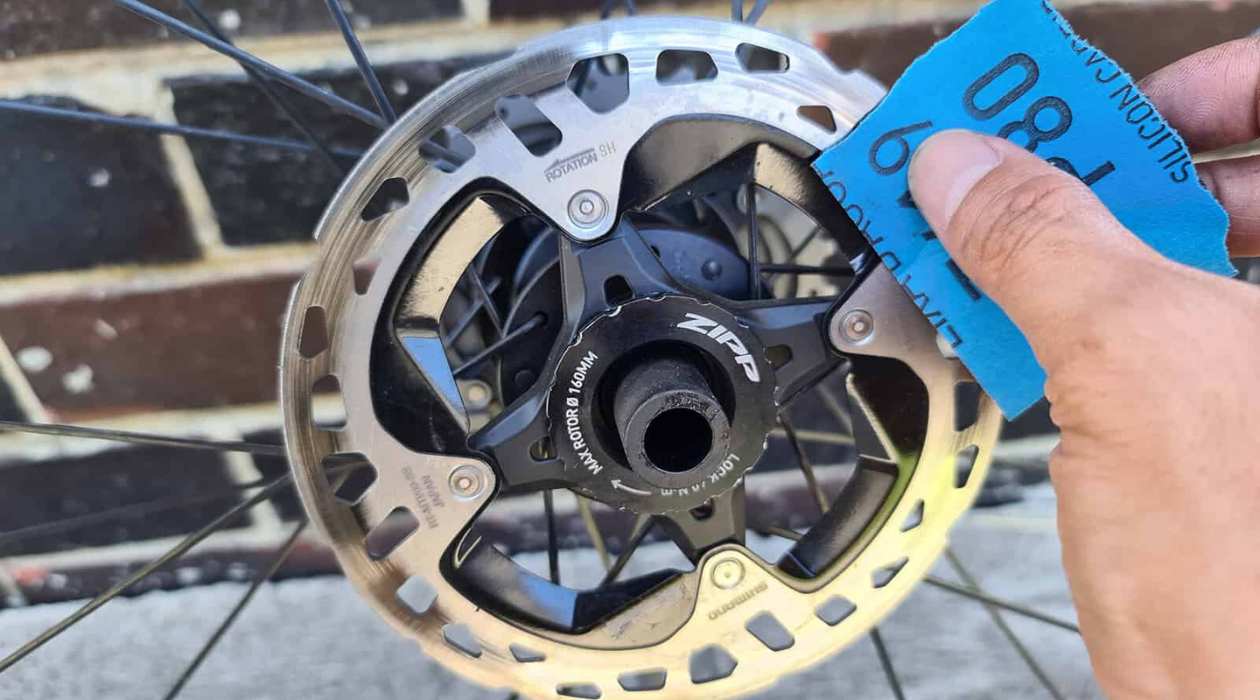
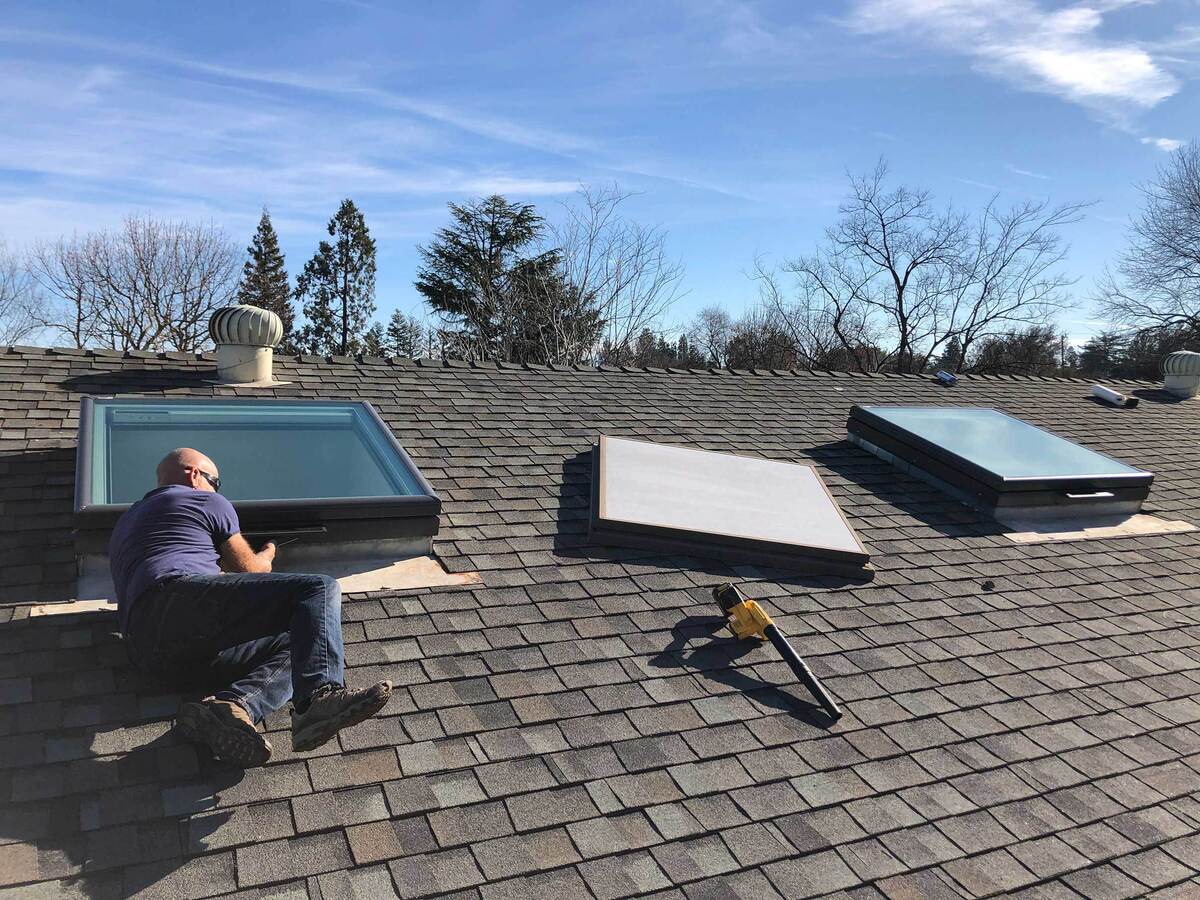
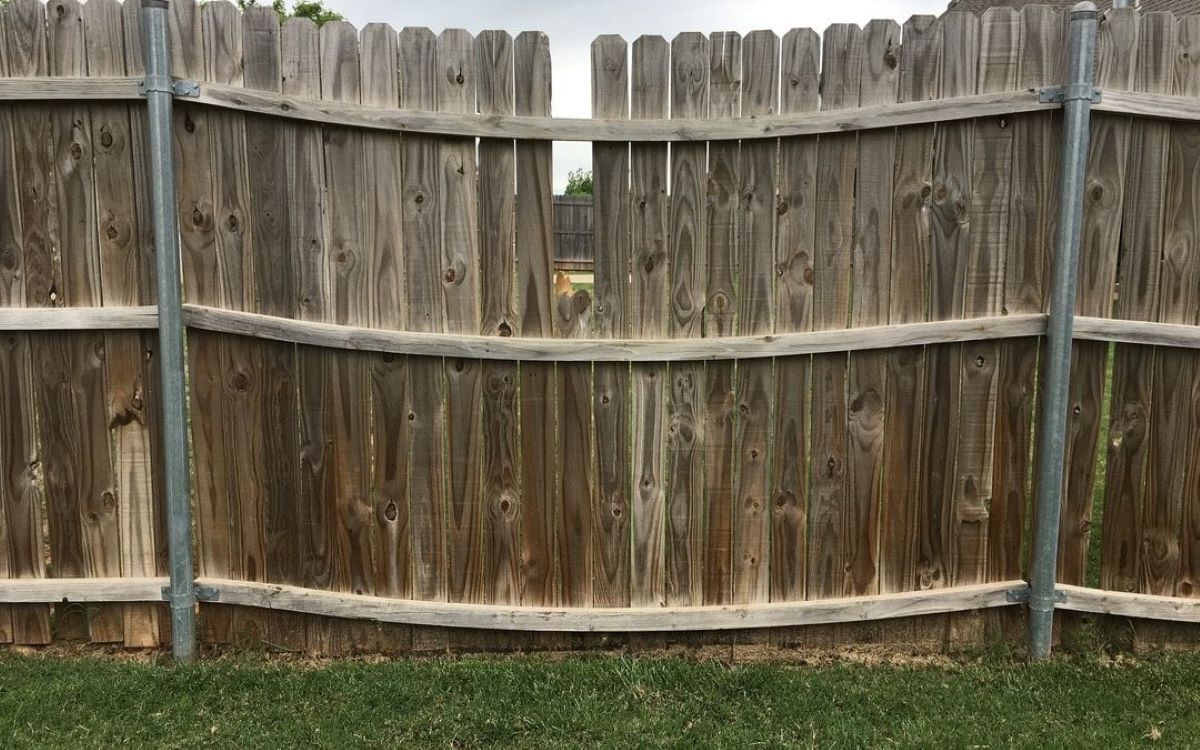
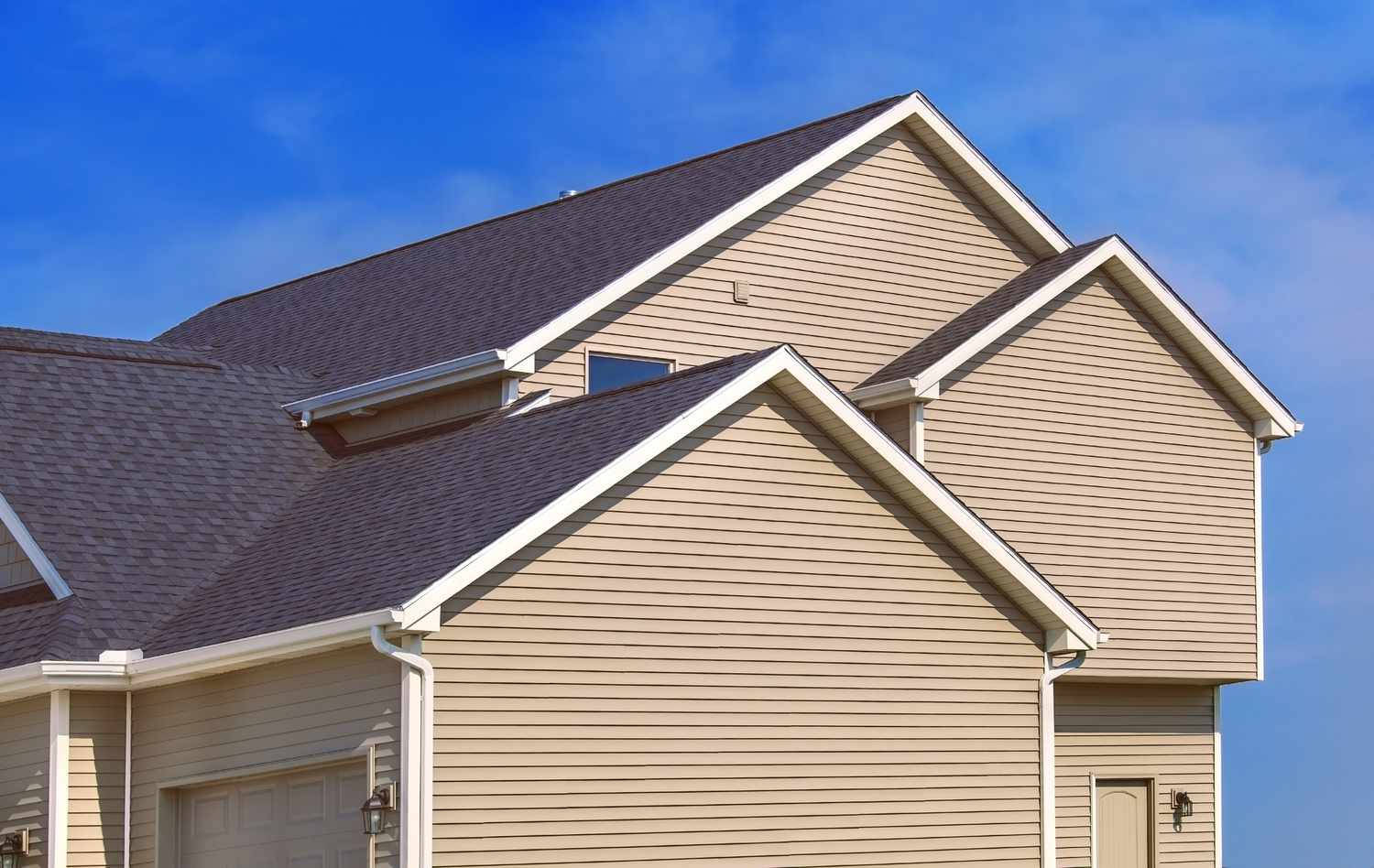
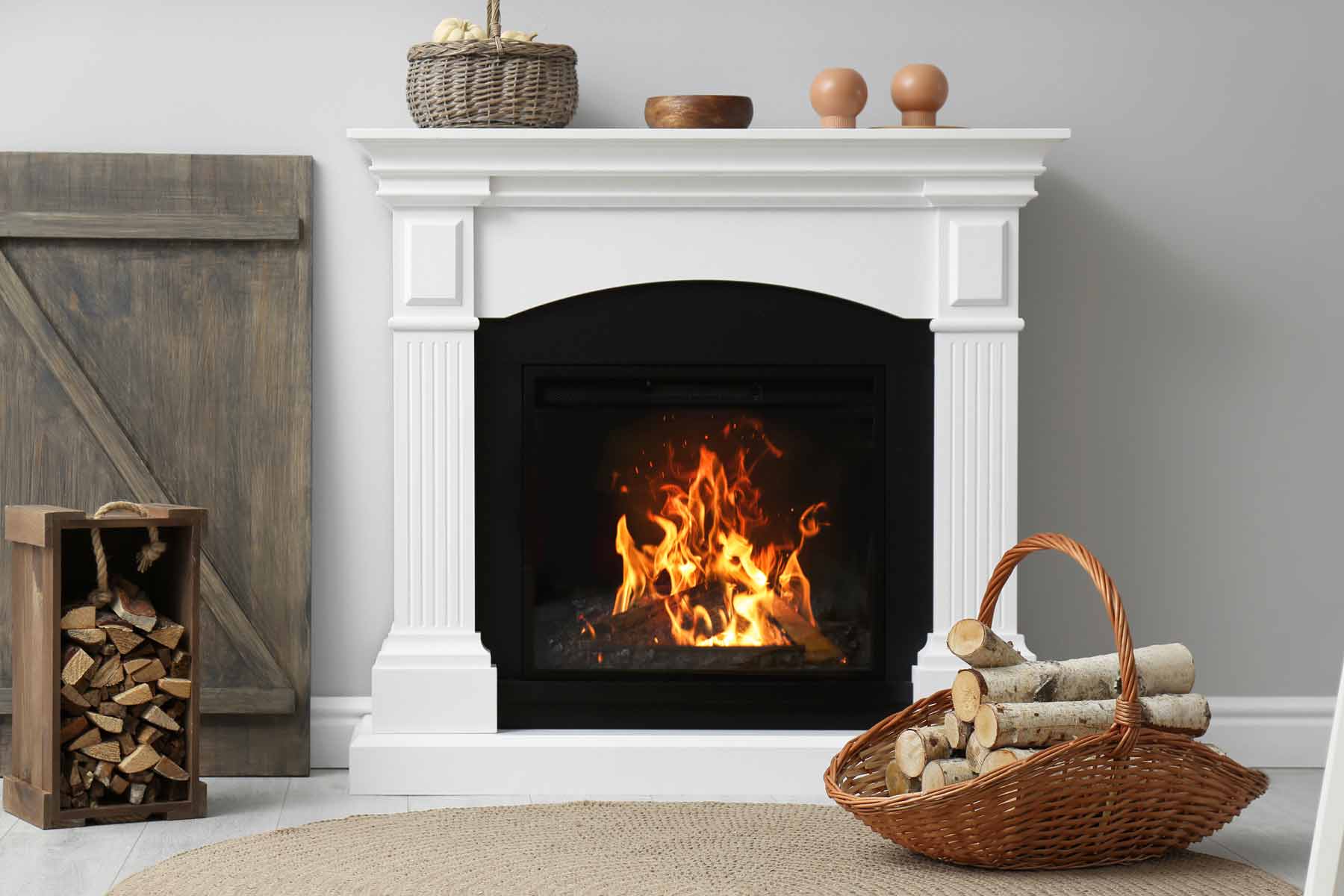
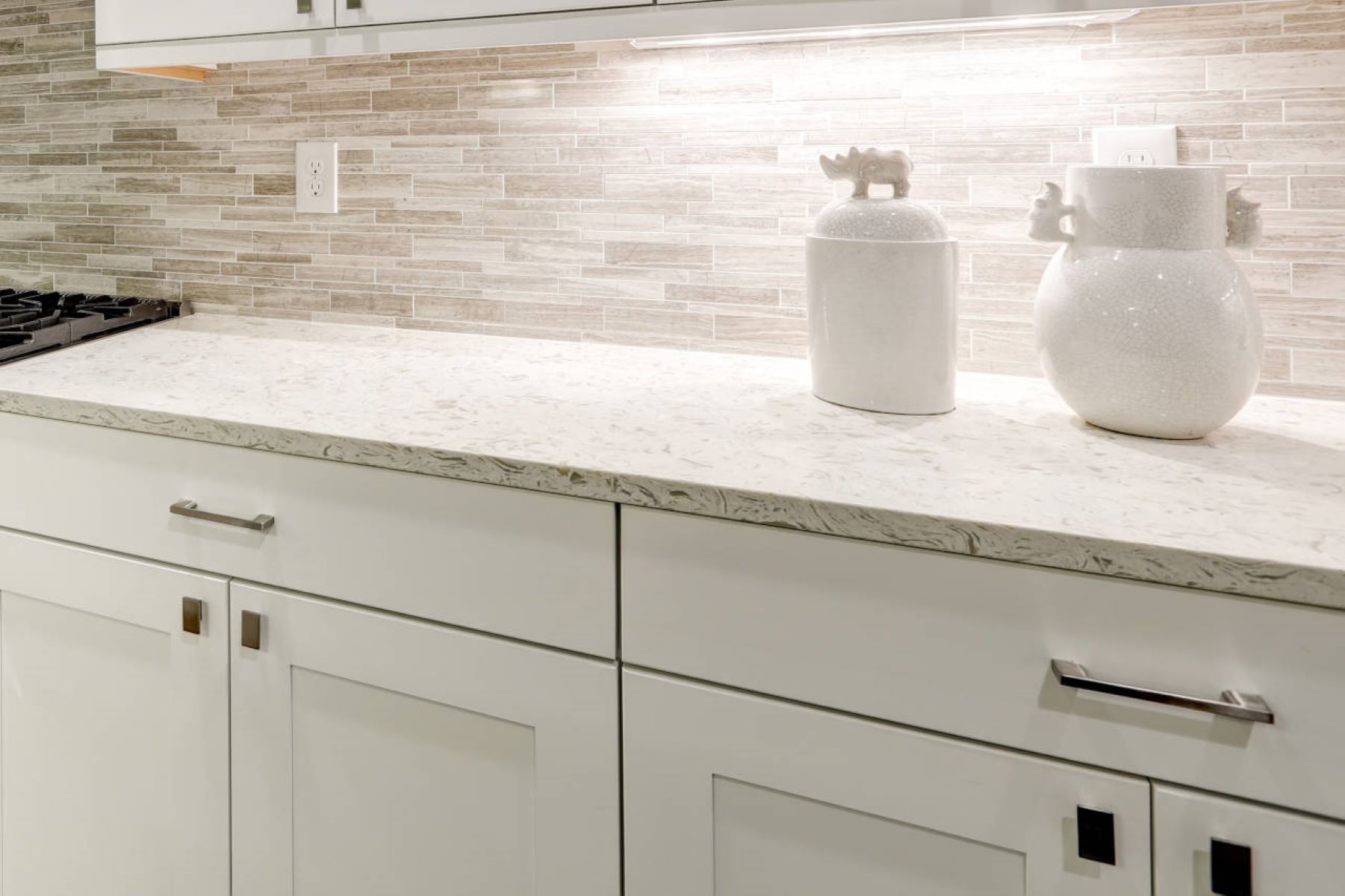
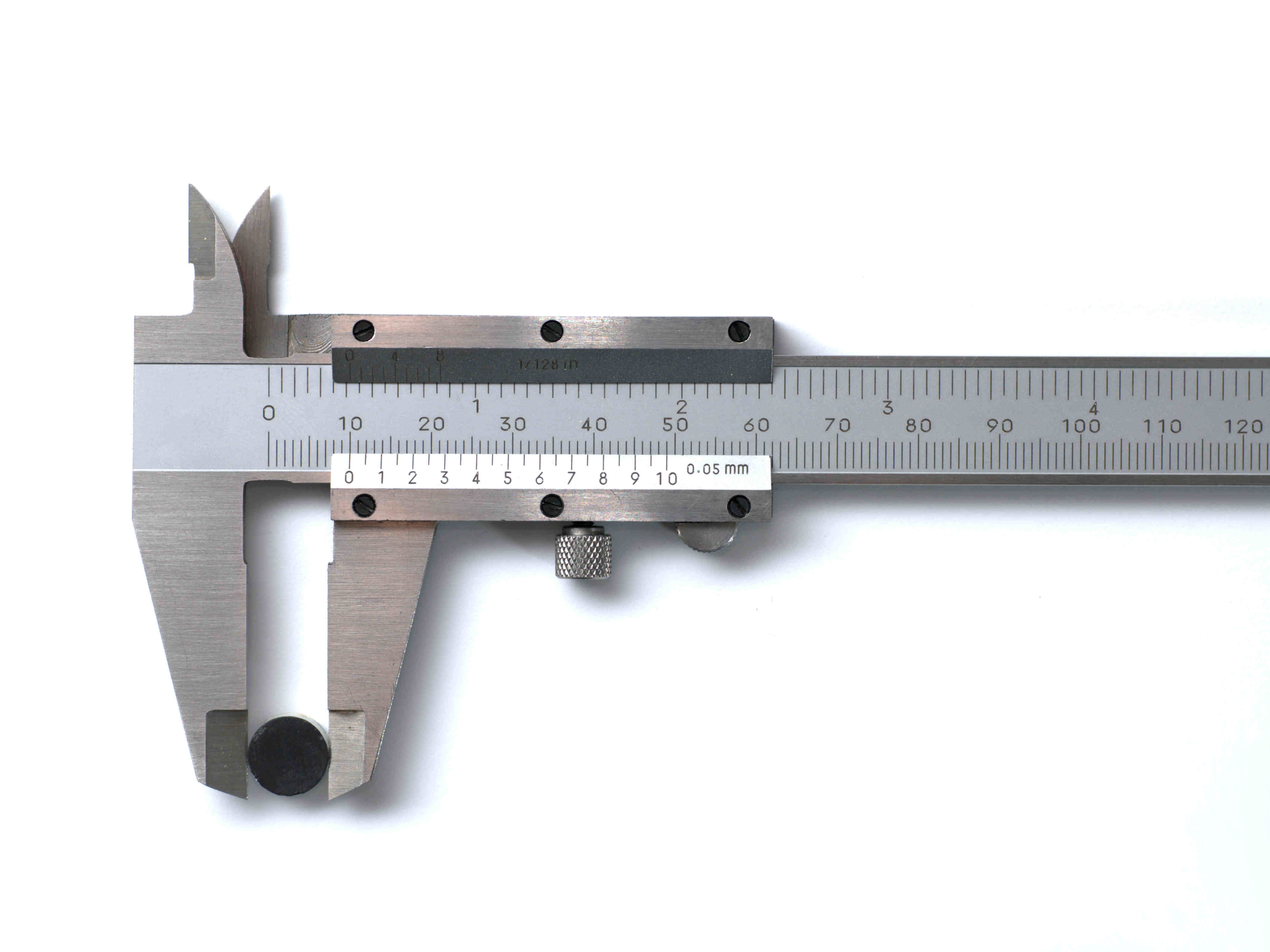
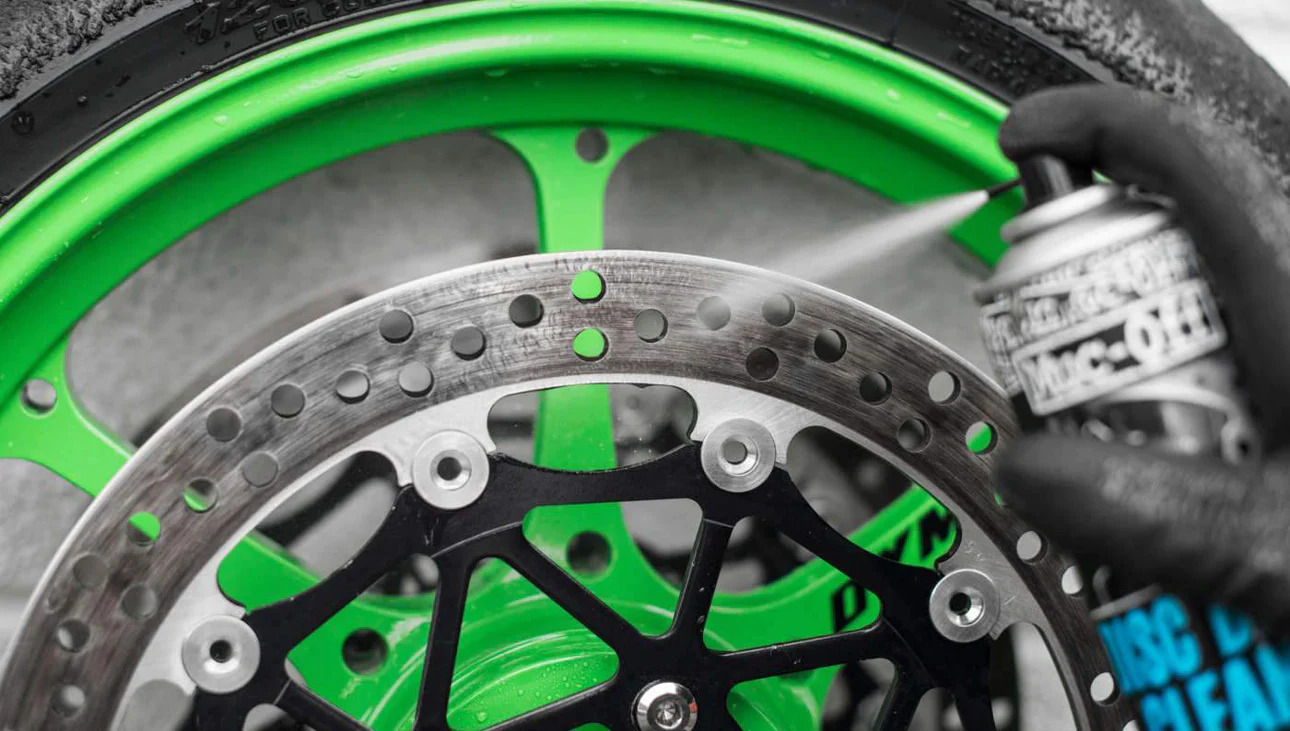
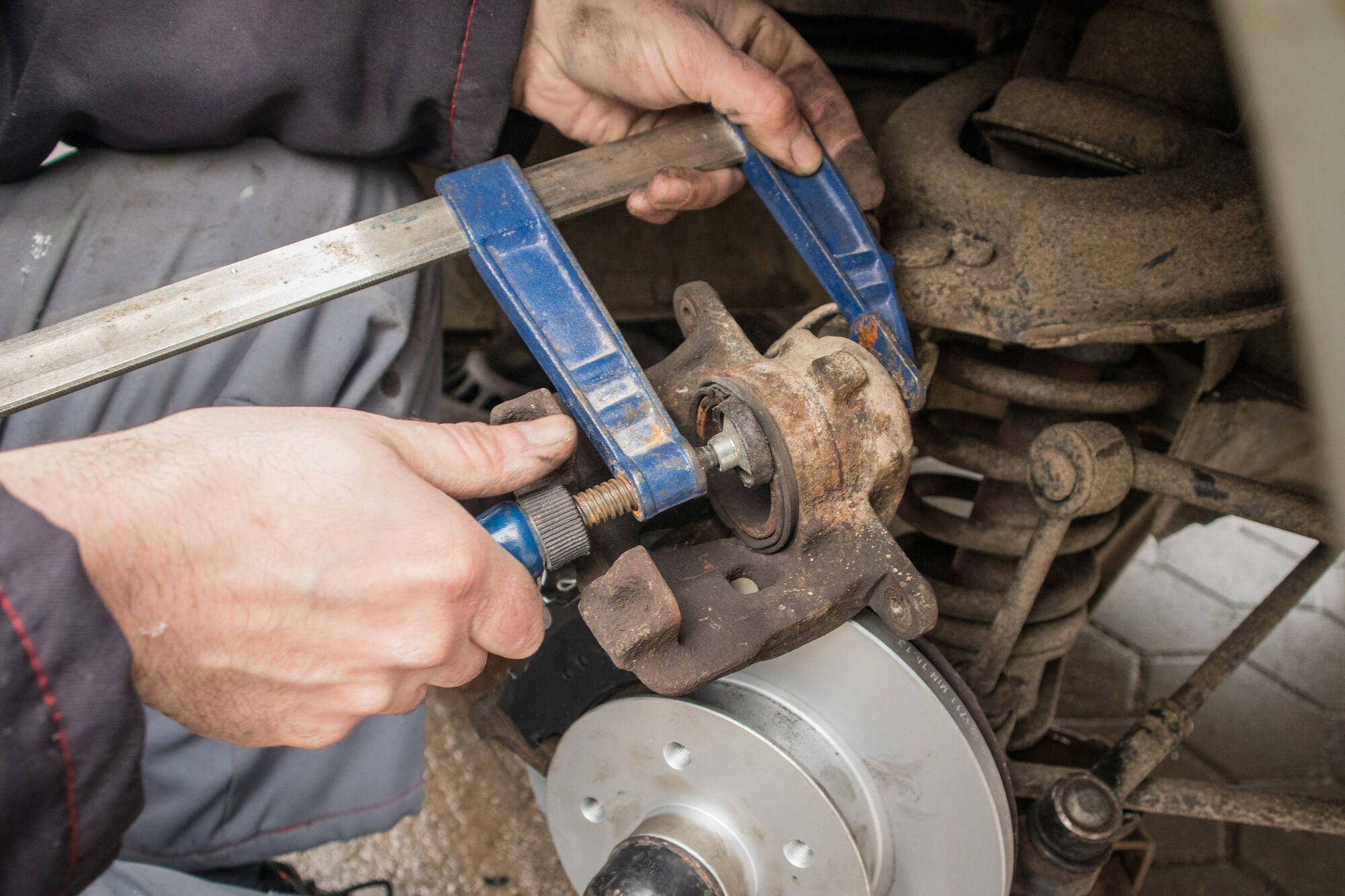
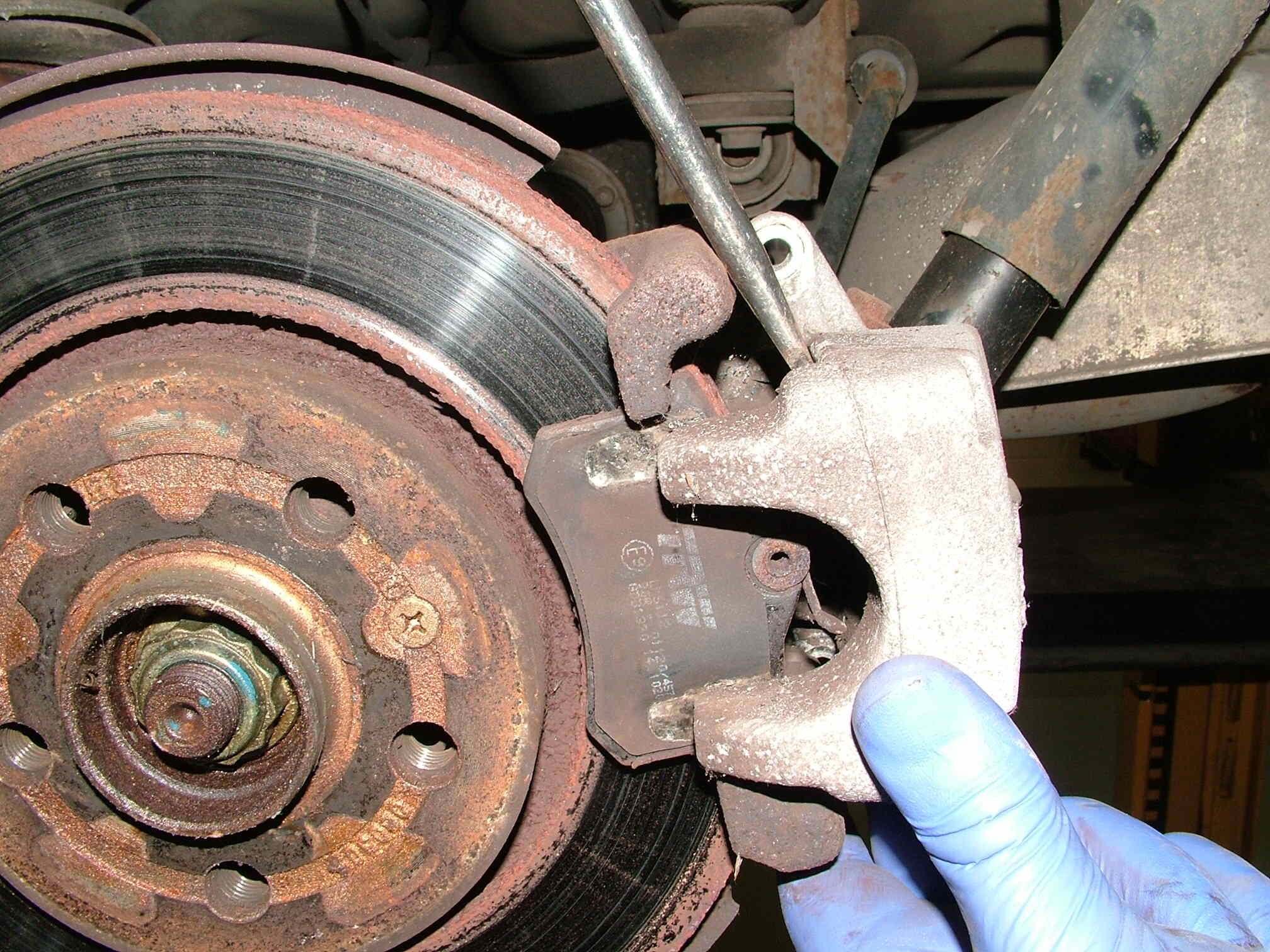
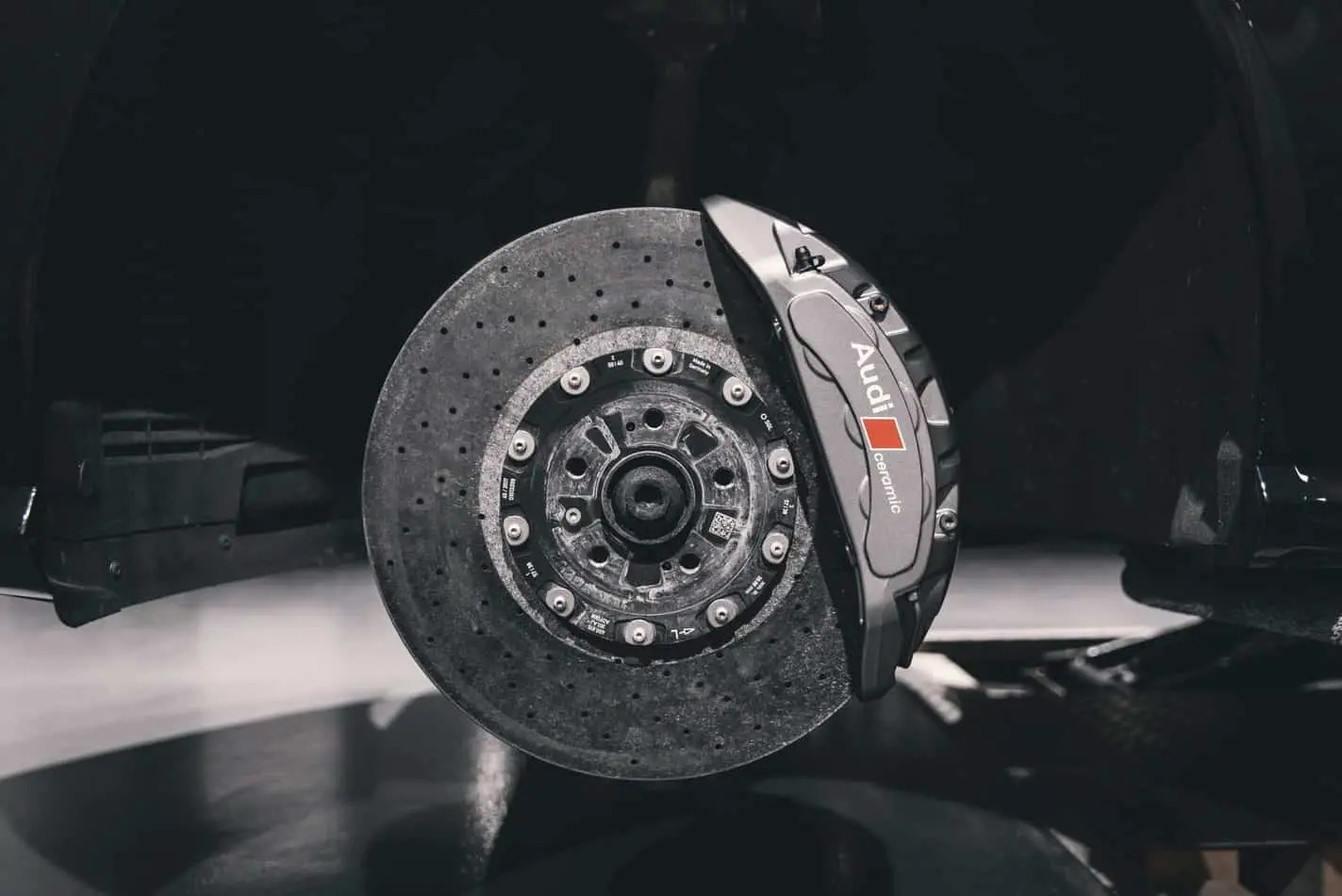
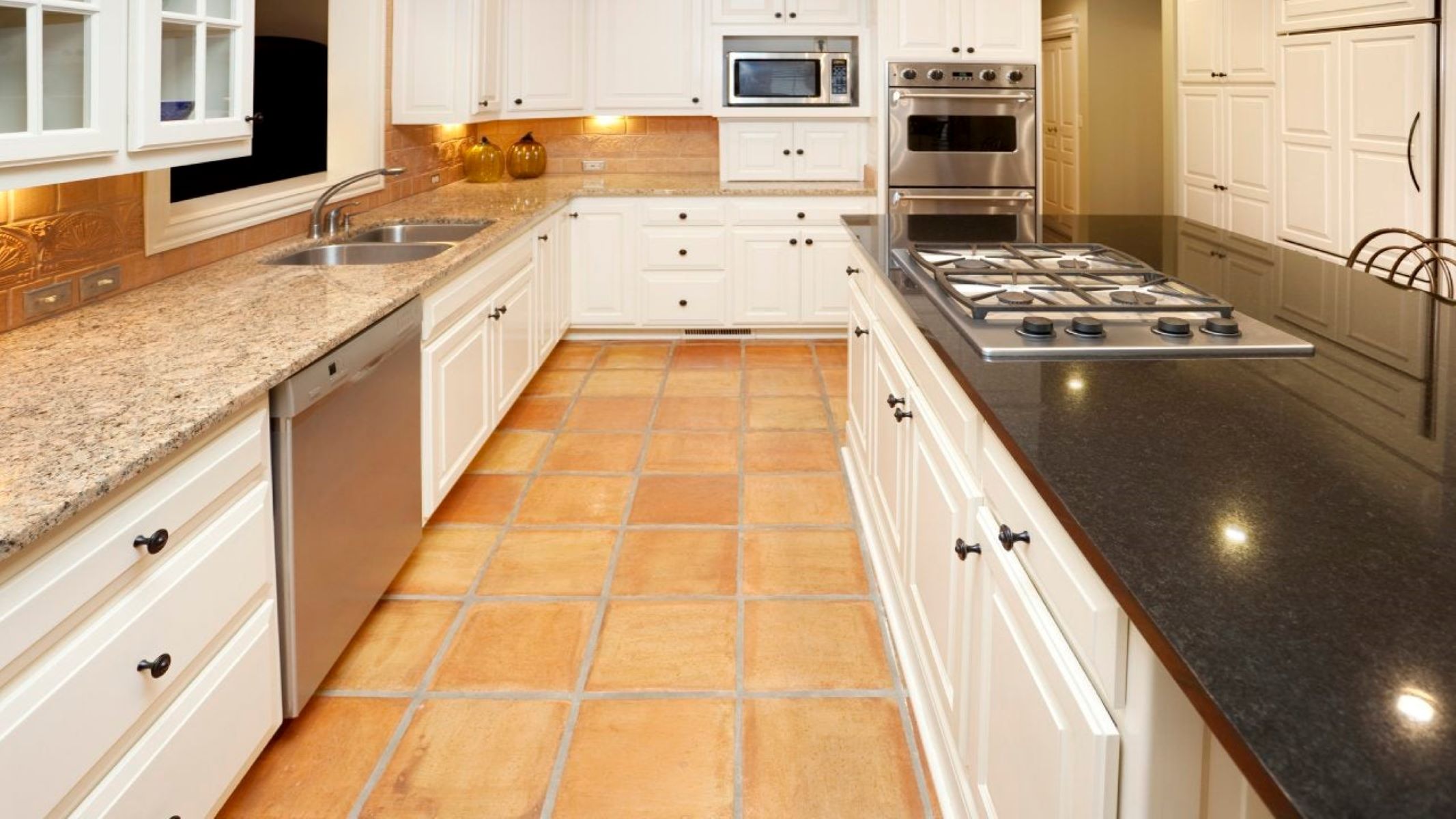
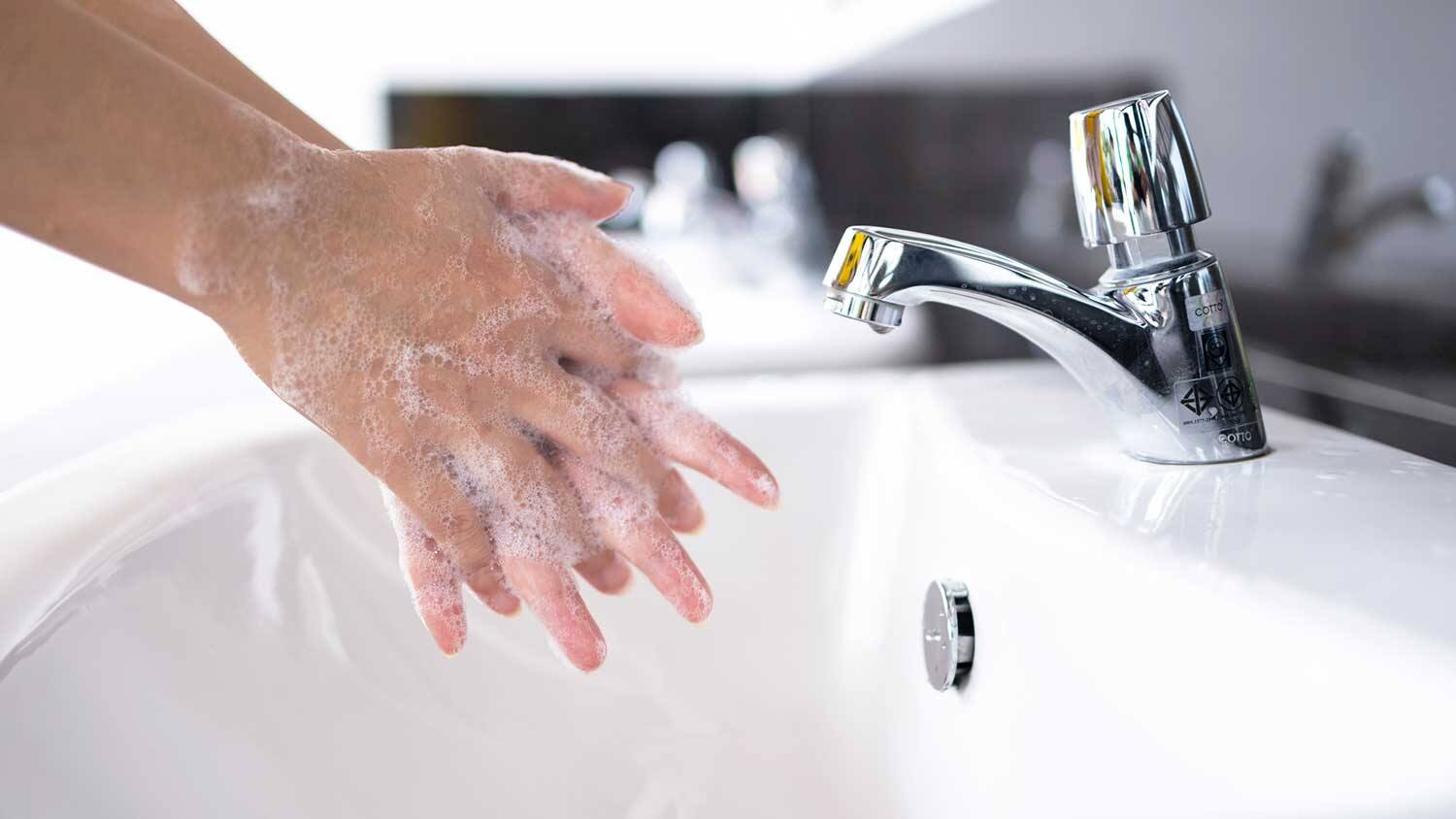
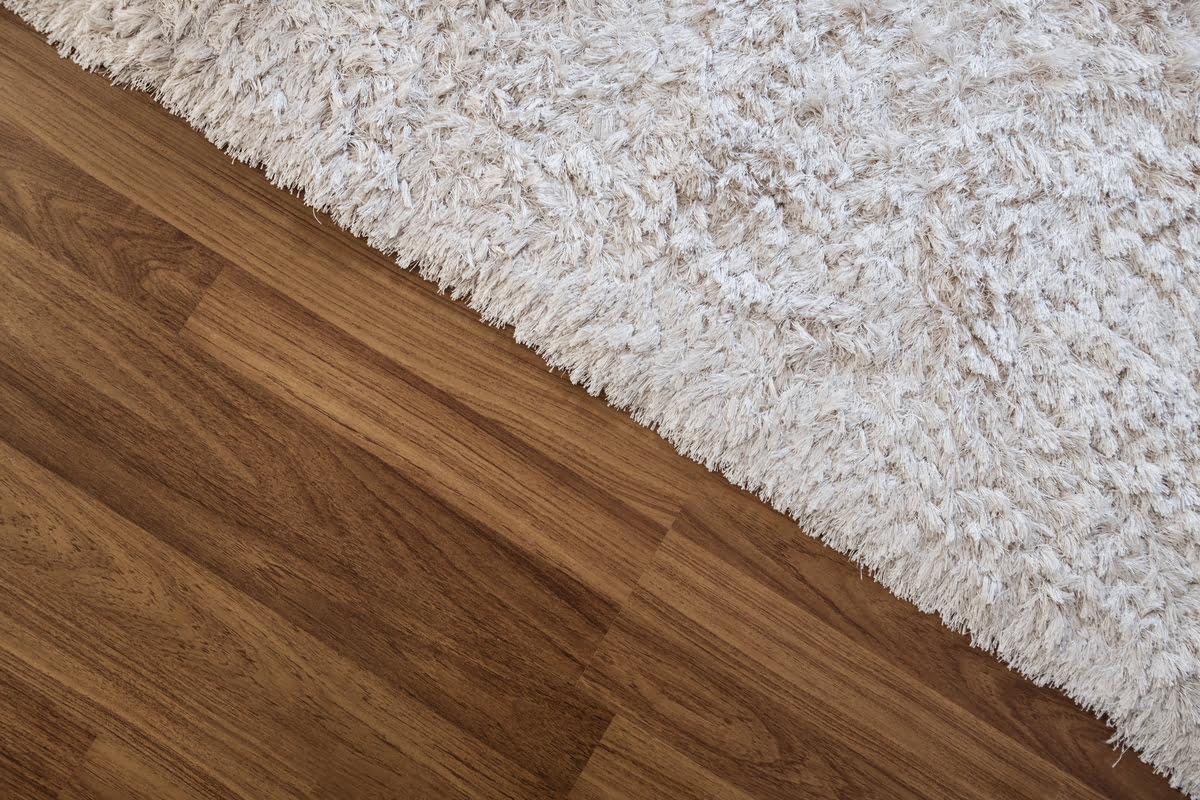

0 thoughts on “How Much To Replace Calipers And Rotors”